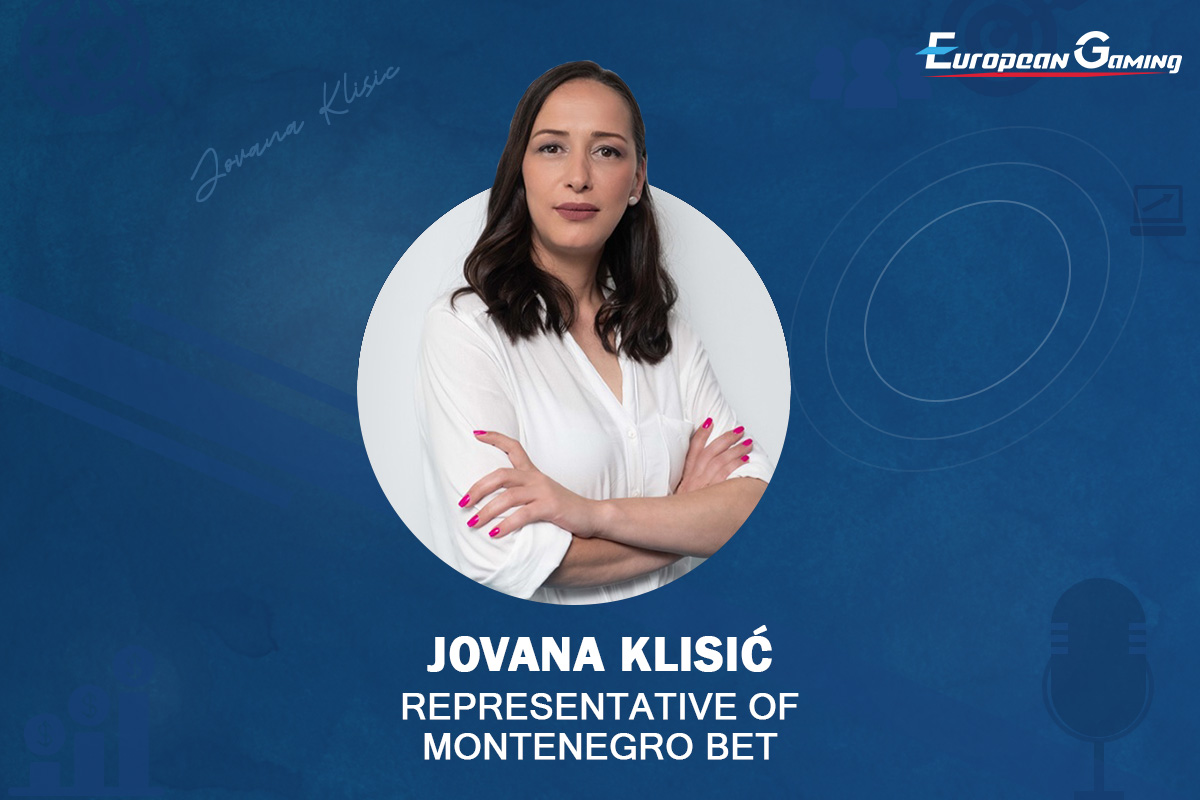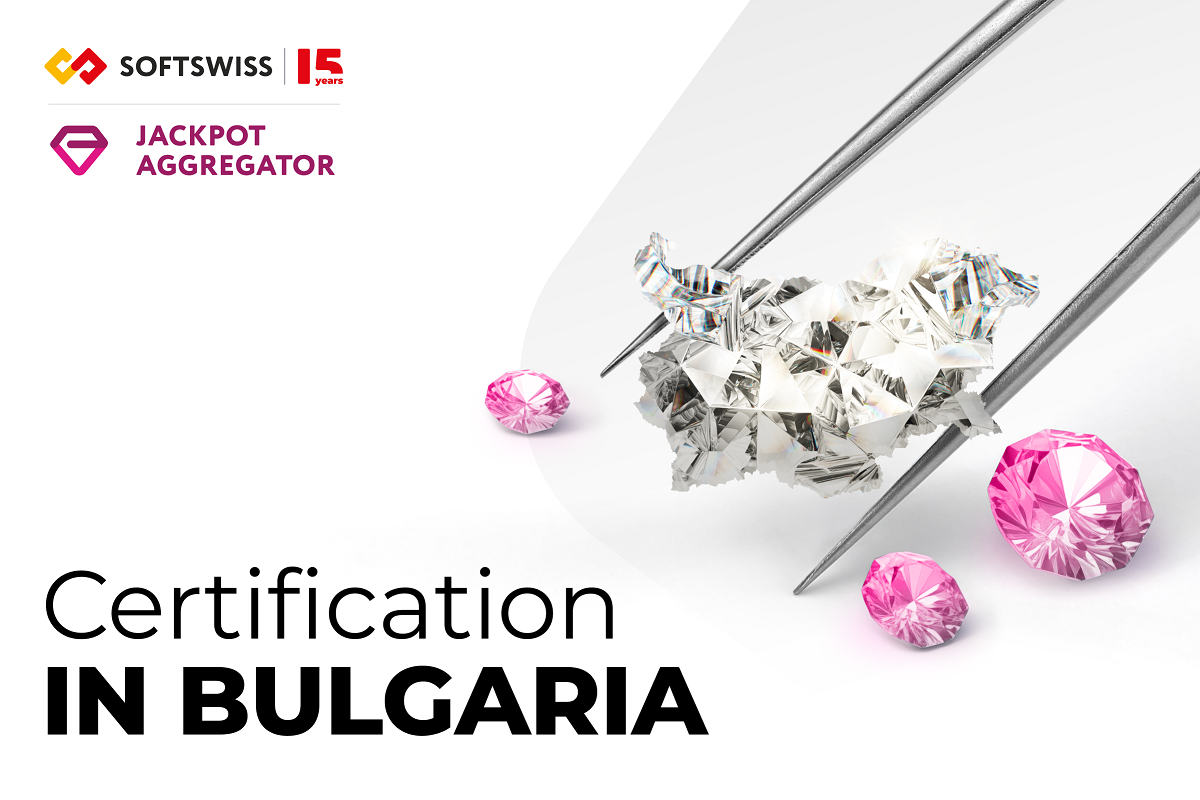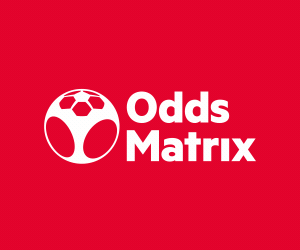Balkans
In Montenegro, Controversial Electronic Payments Ban Raises Serious Concerns

- Conflict with EU Law: Amid the country’s EU membership progress, the country’s legislation clashes with five key EU legal provisions, raising concerns about its alignment with the EU legal framework
- A variety of electronic payment methods like e-banking and mobile payments, defying global financial and payment standards are effectively disabled
- Over 25,000 signatures, representing approximately 8% of the national electorate, were gathered in just five days, signaling widespread public dissent
- This segment of the business accounts for 2% of Montenegro’s employment, faces significant risks due to the operational and economic repercussions of the new legislative changes
- Key EU industry experts and think tanks have already raised concerns about the adverse solutions introduced in these provisions
In the Western Balkans, a legislative battle is currently underway, sending ripples through the European fin tech community. The Montenegro’s recent amendment to the Gambling Law, particularly Article 68f, has sparked a significant debate. This change, focusing on the limitation of deposit methods for online player accounts, is not just a local issue but resonates with broader EU legal standards and global financial practices.
We talked with Jovana Klisić, the representative of Montenegro Bet, the country’s leading trade association in the sector. Ms. Klisić, with years of experience and a deep understanding of both the local and international aspects of the business, offers a unique perspective on the implications of Montenegro’s regulatory changes and the ongoing institutional battle to mitigate such adverse regulatory treatment.

Article 68f in Stark Contradiction with Montenegrin and EU Legal Norms
Ms Klisic, can you briefly elaborate on what is the trouble with the Article 68f?
-The provision starkly contrasts with multiple EU directives and regulations. It directly opposes the Montenegro – EU Stabilization and Association Agreement, Article 72, which mandates alignment with the EU acquis. The Payment Services Directive (PSD2), aiming at an integrated market for electronic payments, is also at odds with this law. The PSD2 ensures equal conditions for both existing and new market players, fostering consumer protection and payment service transparency across the Union. However, Article 68f effectively denies electronic payment companies access to the EU market.
Furthermore, it conflicts with the EU 4 and 5AML Directive, where cash transactions are considered high risk. By limiting transactions to cash or card payments at physical locations, it inadequately addresses money laundering risks, as smaller cash transactions, often below 1,000 EUR, could potentially be used for money laundering purposes. Montenegro’s decision thus stands in contradiction to the EU’s vision of a digital, integrated financial system for both country members and candidates.
The disputed article also overlooks the obligations under the Montenegrin Law on Law on Administrative Procedure, which mandates public consultations in law and strategy preparation – a step seemingly bypassed in this case.
Also, to comply with the law in the present form, many locations need to satisfy minimum distance from the school in order to collect cash for deposits, which questions the sustainability of this controversial and illogical article.
Macroeconomic Repercussions: 2% of Montenegro’s Jobs at Stake
What broader impact does this legislative change have on the business and Montenegro’s economy?
The industry is facing a double-edged sword – operational inefficiencies and potential economic repercussions. With the sector directly and indirectly employing almost 2% of the country’s workforce in a 15% unemployment rate environment, any negative impact on this industry could have very harmful and far-reaching consequences. The removal of e-banking and newsagents for deposits, despite their compliance and transparency, not only affects operational efficiency but also jeopardizes jobs, echoing the detrimental effects on the broader economy of Montenegro.

A Unified Stand: Mobilizing 25,000 Voices for Fair Regulatory Treatment
In light of the challenges posed by Article 68f, what measures are being pursued to address these concerns?
Our approach is comprehensive and proactive. Montenegro Bet, our trade association with decades-long experience in pursuing and implementing EU-compatible regulatory solutions, has already initiated a constitutional review, raising concerns about the unconstitutionality of this provision.
Significantly, we’ve mobilized public support, culminating in a petition with over 25,000 signatures gathered in only five days – representing about 8% of the national electorate – which we’ve submitted to the Assembly. This remarkable show of public backing not only underscores the widespread concern but also highlights the risk of significant job losses in our industry, illustrating the potential economic repercussions of such legislative measures.
Additionally, we’re engaging with key international institutions, drawing attention to how this law stands in conflict with EU directives and global standards on anti-money laundering. Our overarching aim is to realign Montenegro’s regulatory framework with both EU and global financial norms, ensuring a just and transparent environment for the industry.
Montenegro’s Isolated Move Amid Globally Accepted Financial Practices
How does Article 68f align with global financial regulatory practices?
This article is an outlier when viewed against global trends. Internationally, there’s a clear shift towards reducing cash transactions in favor of electronic payments, as advocated by bodies like MONEYVAL and FATF. The global financial community is embracing digital solutions for their transparency and efficiency. Montenegro’s move, therefore, not only isolates it from EU practices but also from the global financial community’s direction.
In 2021, the European Commission urged Montenegro to intensify efforts in money laundering investigations and prosecution. The payment limitations set by Article 68f pose a significant risk of seeing Montenegro placed in a category of countries with heightened money laundering and terrorism financing risks.
Moreover, in 2022, the European Banking Authority (EBA) emphasized the need for every EU citizen, and by extension, countries aspiring to EU membership, to have access to basic online banking services. This directive aligns with the trend of increasing financial transactions being digitalized, a domain where e-banking and mobile banking services are getting closer to a status of commodity. However, Article 68f of the Law on Games of Chance in Montenegro excludes these crucial services, contradicting the EU’s stance on modern financial inclusivity.
What is the future outlook for Montenegro’s fintech industry in light of these changes?
It is at a crossroads; we can state without any exaggeration. Our immediate focus is on mitigating the negative impacts of this law. But looking ahead, we see this communication crisis as an opportunity to bring Montenegro’s financial practices in line with EU standards. It’s about more than just rectifying a single law; it’s about ensuring that Montenegro’s financial and regulatory frameworks are beneficial for a fair and competitive industry.
Balkans
WorldMatch Announces Partnership with Slotino

WorldMatch has announced a new partnership with Slotino, one of the fastest-growing online gaming platforms. This strategic collaboration aims to bring WorldMatch’s top-tier gaming solutions to an even wider audience, enhancing the player experience on Slotino’s dynamic platform with a range of high-quality, engaging titles.
With over two decades of expertise in the online gaming industry, WorldMatch is renowned for its unique approach to game development, blending advanced graphics, immersive gameplay and sophisticated mathematical models. This partnership will allow Slotino’s players to access WorldMatch’s portfolio of cutting-edge casino games, including popular slot titles and fresh new releases that offer captivating themes and rewarding experiences.
“We are thrilled to partner with Slotino, a platform that shares our commitment to delivering outstanding gaming experiences. This collaboration will enable us to reach a broader audience in Bulgaria and introduce our world-class games to new players. Slotino’s innovative approach to the market aligns perfectly with our vision of combining creativity, technology, and player satisfaction,” said Xhuljana Demerxhiu, Head of Sales at WorldMatch.
Through this partnership, Slotino will now feature some of WorldMatch’s most successful games, known for their smooth performance, high-definition graphics and engaging features. Players can expect a seamless integration of these titles, enhancing their overall gaming experience on Slotino.
“We are very excited to partner with WorldMatch in our first year of operation. As a company striving to bring a new feel on the Bulgarian market and centered around user experience and the ultimate journey for players, we have found our match. We are convinced that the portfolio of games offered by WorldMatch will bring a whole new dimension of excitement and winning for our players,” Vasil Stumbov, Director at Slotino, said.
This collaboration marks an important milestone for WorldMatch as it continues to expand its presence in the international online gaming market. By partnering with Slotino, WorldMatch reinforces its position as a key player in the industry, delivering innovative gaming solutions to a growing global audience.
Balkans
Bulgaria’s National Revenue Agency Shuts Down More Than 2500 Unlicensed Gambling Websites This Year

So far this year, Bulgaria’s National Revenue Agency (NRA) has shut down over 2500 gambling websites operated by entities without an active gambling licence under the gambling law, NRA said in a press release.
In September, NRA Executive Director Rumen Spetsov issued over 640 decisions to halt the operations of online betting platforms without the required permits in the country. After the NRA publishes a decision, the affected websites have three days to cease operations. If they fail to comply, the NRA refers the case to the court, which may instruct internet service providers (ISPs) to block access to the non-compliant websites.
Decisions by the NRA and court rulings are available in the Online Gambling section of NRA’s website. NRA also keeps an updated register of gambling websites run by entities lacking a valid gambling operations permit.
NRA encourages online users to report unlicensed betting websites by emailing a specific address. The report should include the website’s name and the user’s ISP.
Balkans
SOFTSWISS Gets Certification for Its Jackpot Aggregator in Bulgaria

SOFTSWISS, a leading technology provider for iGaming, has further solidified its presence in the European market by securing certification for its Jackpot Aggregator in Bulgaria.
The iGaming market in Bulgaria is experiencing significant growth, attracting new businesses despite stringent domestic regulations. The market is projected to generate 168.70 million euro in revenue by 2028, with an annual growth rate of 5.42%. The number of users is expected to reach 377.3 thousand by the same year, further highlighting the sector’s momentum.
In line with this growth, SOFTSWISS announces that its Jackpot Aggregator has received certification from Gaming Laboratories International (GLI), ensuring it meets all technical requirements for use in the Bulgarian market. With the new certification of the SOFTSWISS Jackpot Aggregator, Bulgarian-licensed operators can integrate this advanced engagement tool into their casino offerings.
In May, SOFTSWISS successfully entered the Bulgarian market through a partnership with Topwin.bg, which implemented the SOFTSWISS Casino Platform, the Game Aggregator, and the Sportsbook.
“We are seeing a strong surge in interest in our jackpot mechanic, fueled by the growing demand for engagement tools in the market. That’s why we are committed to further developing the Jackpot Aggregator, enhancing its features, and expanding into new markets. Certification for the Bulgarian market is a clear testament to our ambition and drive for expansion. We are actively working on obtaining certifications in other jurisdictions,” comments Angelina Stasiuk, Head of Business Line at SOFTSWISS Jackpot Aggregator.
SOFTSWISS has several international and national licences and certifications, including a South African licence acquired through the purchase of a majority stake in Turfsport. The company recently announced its plans to become the first certified software provider in Brazil.
About SOFTSWISS
SOFTSWISS is an international technology company with over 15 years of experience in developing innovative solutions for the iGaming industry. SOFTSWISS holds a number of gaming licences and provides comprehensive software for managing iGaming projects. The company’s product portfolio includes the Online Casino Platform, the Game Aggregator with over 23,500 casino games, the Affilka Affiliate Platform, the Sportsbook software and the Jackpot Aggregator. In 2013, SOFTSWISS revolutionised the industry by introducing the world’s first Bitcoin-optimised online casino solution. The expert team, based in Malta, Poland, and Georgia, counts over 2,000 employees.
-

 Australia5 days ago
Australia5 days agoIAG’s Andrew W Scott Announced as Latest Conference Chair for 2025 Regulating the Game Conference in Sydney
-

 Latest News6 days ago
Latest News6 days agoVeikkaus, Finland’s National Lottery Operator, Selects Optimove, the #1 CRM Marketing Solution for the iLottery and iGaming sector, as its CRM Marketing Solution
-

 Asia5 days ago
Asia5 days agoEsports Makes Historic Debut at Tamil Nadu Government’s Chief Minister’s Trophy Games 2024
-

 Latest News5 days ago
Latest News5 days agoGTA 6 Hype: A Look into Rockstar Games’ Ambitious Release
-

 Africa5 days ago
Africa5 days agoAmusnet Announces Partnership with Mojabet
-

 Conferences in Europe6 days ago
Conferences in Europe6 days agoBelatra Games unveils ‘Dragons and Mummy’ inspired booth design for SiGMA Europe 2024
-

 Australia6 days ago
Australia6 days agoCrown Fined $2 Million for Self-exclusion Breaches
-

 Latest News5 days ago
Latest News5 days agoWeek 42/2024 slot games releases


















































